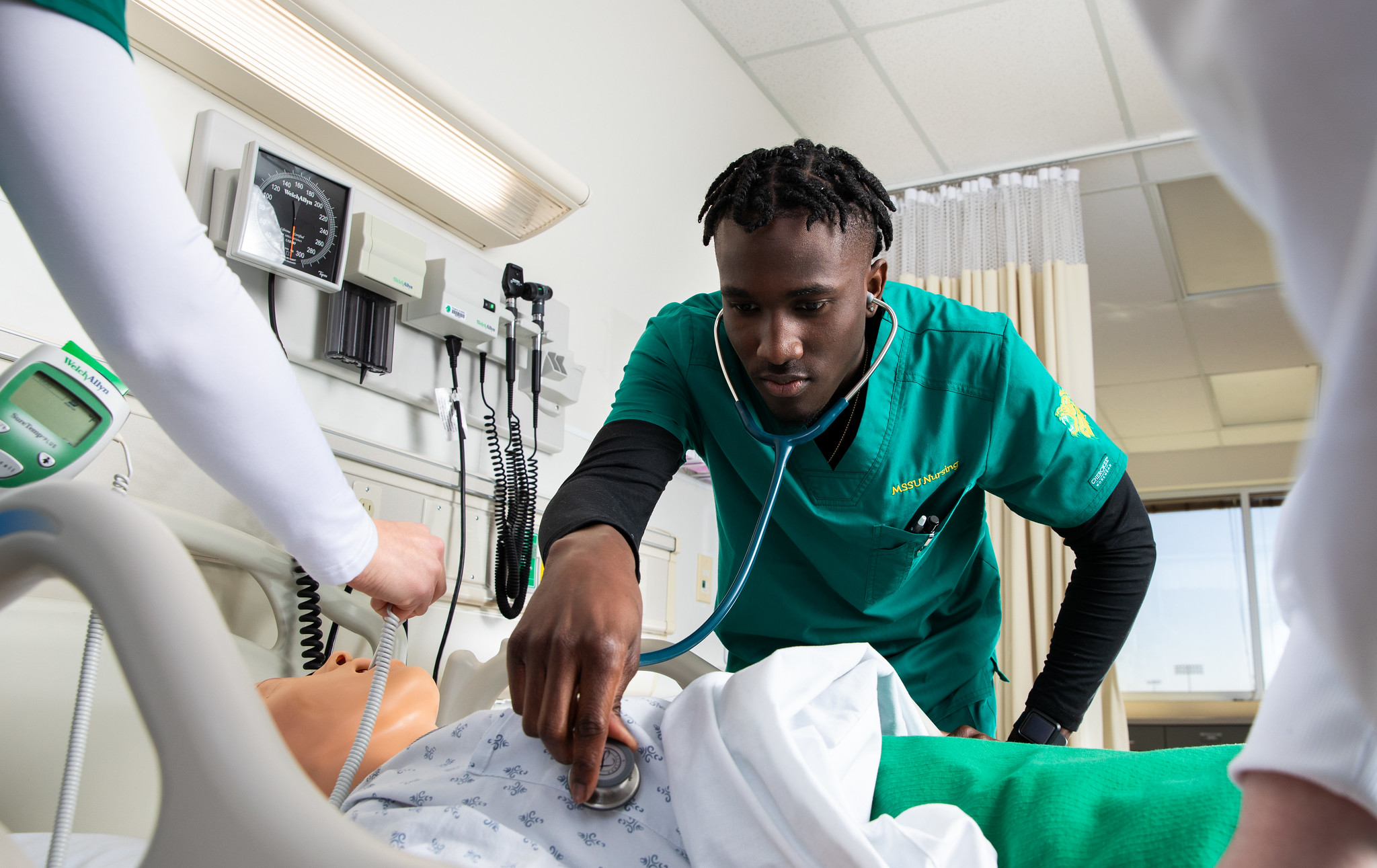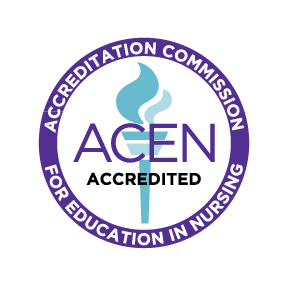A Leading Nursing Program for Future Registered Nurses
Missouri Southern State University’s Bachelor of Science in Nursing (BSN) is a comprehensive nursing school program designed to prepare you for a successful career as a registered nurse. As one of the region’s leading nursing programs, MSSU offers evidence‑based coursework, simulation labs, and hands‑on clinical experience that help students build strong clinical judgment and patient‑care skills. Many prospective students searching for “nursing programs near me” choose MSSU for its experienced faculty, supportive learning environment, and strong outcomes. With a focus on quality, safety, teamwork, and patient‑centered care, the BSN program equips you with the knowledge and real‑world preparation needed to thrive in hospitals, clinics, and community health settings.
What You Can Do With a BSN Degree
Graduates of the Bachelor of Science in Nursing program are prepared for a wide range of professional opportunities. A baccalaureate‑prepared nurse:
- Is qualified for employment in hospitals, clinics, long‑term care, and community health settings
- Has multiple pathways for advancing their education, including MSN, DNP, and specialized certifications
- Can pursue more than 100 nursing specialties across acute care, primary care, leadership, and advanced practice
Supportive Faculty Committed to Your Success
Students in MSSU’s BSN program learn from dedicated nursing faculty who create a respectful, collaborative, and student‑centered learning environment. Our instructors:
- Foster innovation and interprofessional teamwork
- Provide mentorship that builds confidence and clinical judgment
- Create a supportive space where students can grow academically and personally




